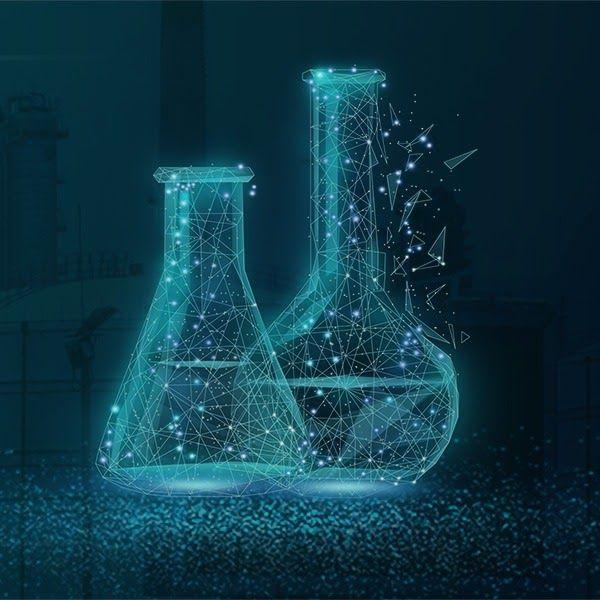The competitive landscape of the AI in Chemicals Market Share is a fascinating and highly dynamic ecosystem, populated by a diverse mix of large, established technology corporations, specialized AI startups, and the in-house innovation teams of the chemical giants themselves. A significant portion of the market share is held by the major global technology and cloud computing providers. Companies like Microsoft, Google, Amazon Web Services (AWS), and IBM are leveraging their vast expertise in artificial intelligence and their powerful cloud platforms to offer a broad range of AI/ML tools and services that can be applied to the chemical industry. Their market share is built on their ability to provide the scalable, high-performance computing infrastructure needed to train complex AI models, as well as a rich portfolio of pre-built AI services (like computer vision and natural language processing) that chemical companies can integrate into their applications. These tech giants are increasingly forming strategic partnerships with major chemical companies to co-develop industry-specific solutions, solidifying their position as foundational technology providers in this space.
In stark contrast to the horizontal platform providers, a vibrant and rapidly growing share of the market is being captured by a new wave of highly specialized, venture-backed startups that are focused exclusively on applying AI to the unique challenges of the chemical and materials science industries. Companies like Kebotix, Citrine Informatics, and Schrödinger have gained significant traction and market share by developing sophisticated platforms that combine AI with physics-based simulations and lab automation to accelerate the discovery and development of new materials and molecules. Their competitive advantage lies in their deep domain expertise; they are often founded by teams of Ph.D.-level chemists, materials scientists, and AI researchers who understand the intricate scientific challenges of the industry. These startups are not just selling generic AI tools; they are offering end-to-end "discovery-as-a-service" platforms that can dramatically reduce the time and cost of R&D, a value proposition that is incredibly compelling for the world's leading chemical companies and has allowed them to carve out a significant and valuable niche.
The competitive dynamics are further complicated by the fact that many of the largest chemical companies themselves, such as BASF, Dow, and Mitsubishi Chemical, have been building their own internal AI capabilities and data science teams. These companies have a massive and invaluable proprietary asset: decades of historical R&D data, process manufacturing data, and material performance data. By investing in their own in-house teams, they can leverage this unique data to build highly customized AI models that are tailored to their specific products and processes, giving them a powerful competitive advantage. This leads to a complex "build vs. buy" decision for these giants. The market share is therefore a fluid concept, representing a mix of external spending on platforms and services from the tech giants and specialized startups, as well as the significant internal investment by the chemical companies themselves. The future of the market share will likely be defined by a collaborative ecosystem, where the chemical giants partner with both large platform providers and nimble startups to accelerate their digital transformation journey.



